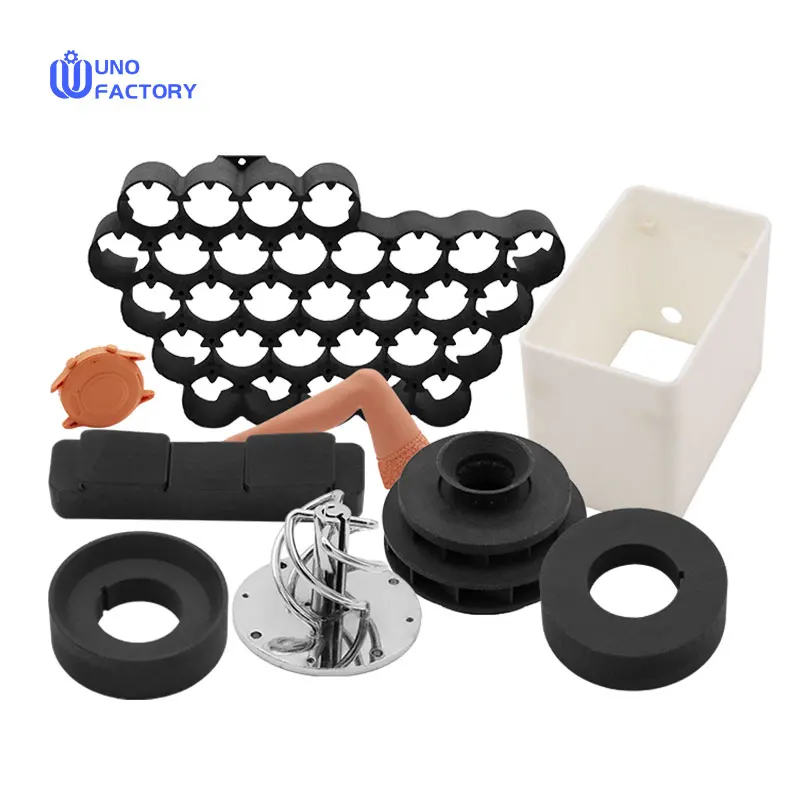Time to read: 6 min

In today's fast-paced consumer goods market, there is a growing demand for personalized and innovative products. 3D printing technology offers manufacturers a new way to meet these demands with its unique advantages.
One of the greatest advantages of 3D printing technology is its ability to effortlessly integrate complex designs without incurring additional costs. Compared to traditional manufacturing methods, 3D printing constructs products layer by layer, which not only simplifies the production process but also significantly reduces the need for specialized tools or molds.
Moreover, 3D printing offers a high degree of customization and personalization. Manufacturers can directly transfer design data to a 3D printer, bypassing the need for any tools, thus achieving made-to-order production and reducing waste.
3D printing offers great flexibility in material selection. From plastics to metals, and composite materials, manufacturers can choose the right material based on the specific needs of the product.
When selecting a 3D printer, manufacturers need to consider factors such as printing accuracy, speed, cost, and material compatibility. Common types of 3D printers include FDM, SLA, DLP, and PolyJet printers.
3D printing technology has been applied in various consumer goods industries, including footwear, jewelry, cosmetics, sports equipment, and more. For example, sports shoe brands use 3D printing technology to manufacture custom insoles, jewelry designers use 3D printing technology for rapid prototyping, and bicycle manufacturers use 3D printing technology to produce lightweight and durable carbon fiber frames.
Conclusion:
3D printing technology brings unprecedented opportunities to the consumer goods manufacturing industry. It not only improves production efficiency and reduces costs but also meets consumers' demands for personalized and innovative products. With the continuous advancement of technology, we have reason to believe that 3D printing will play an increasingly important role in future consumer goods manufacturing.
Advantages of 3D Printing
Material and Printer Guide
Practical Application Cases




